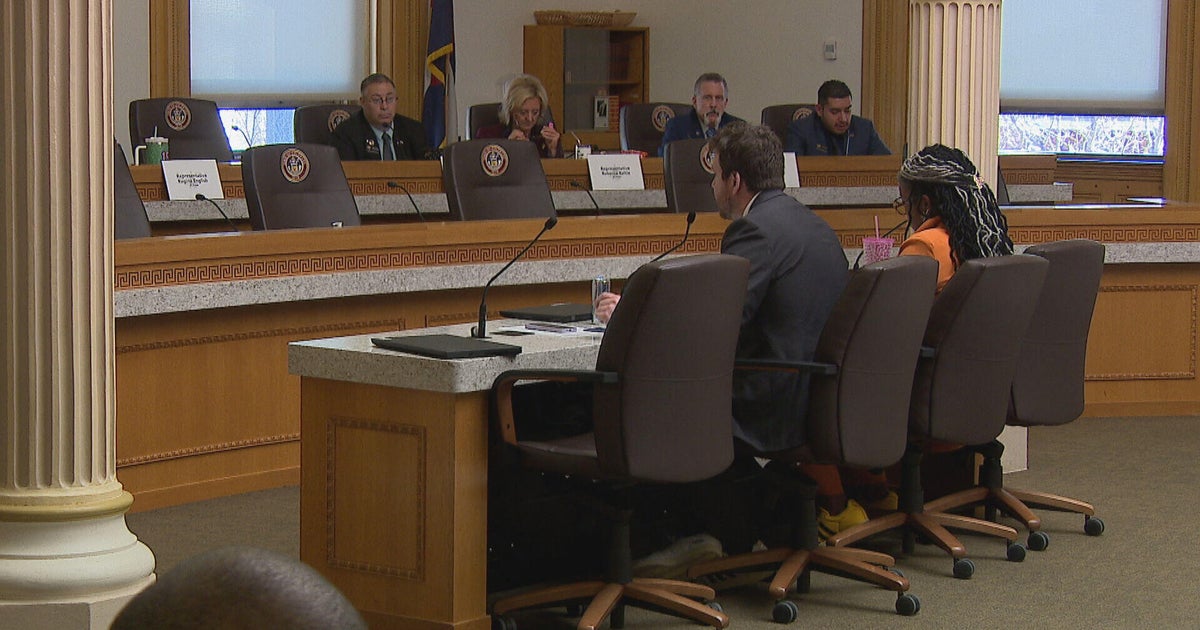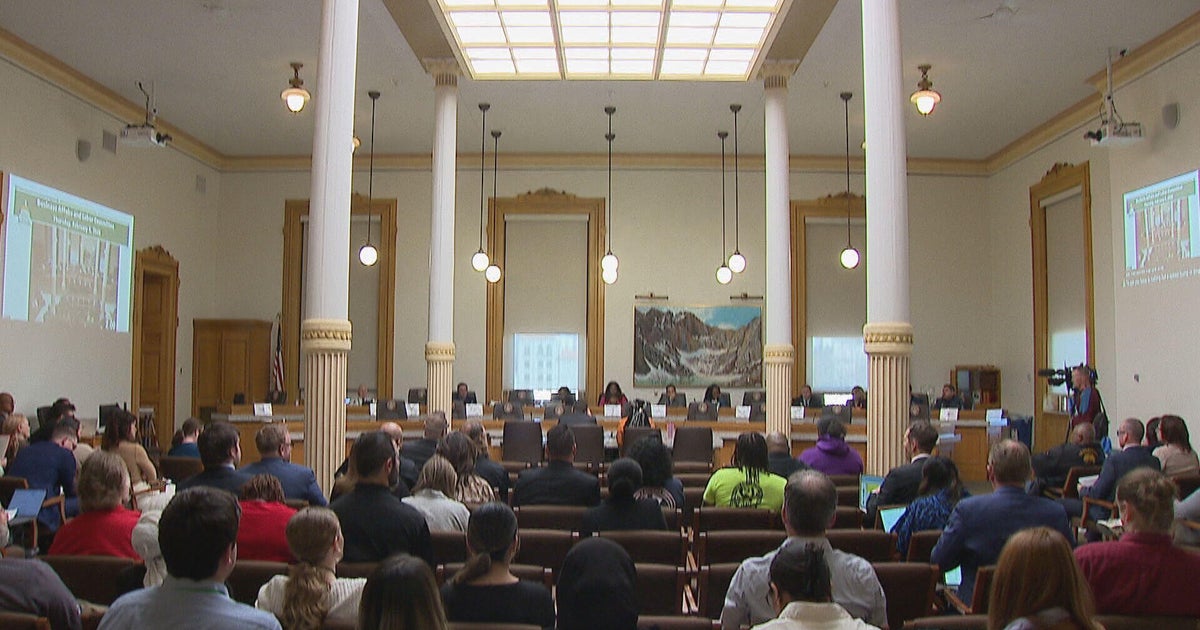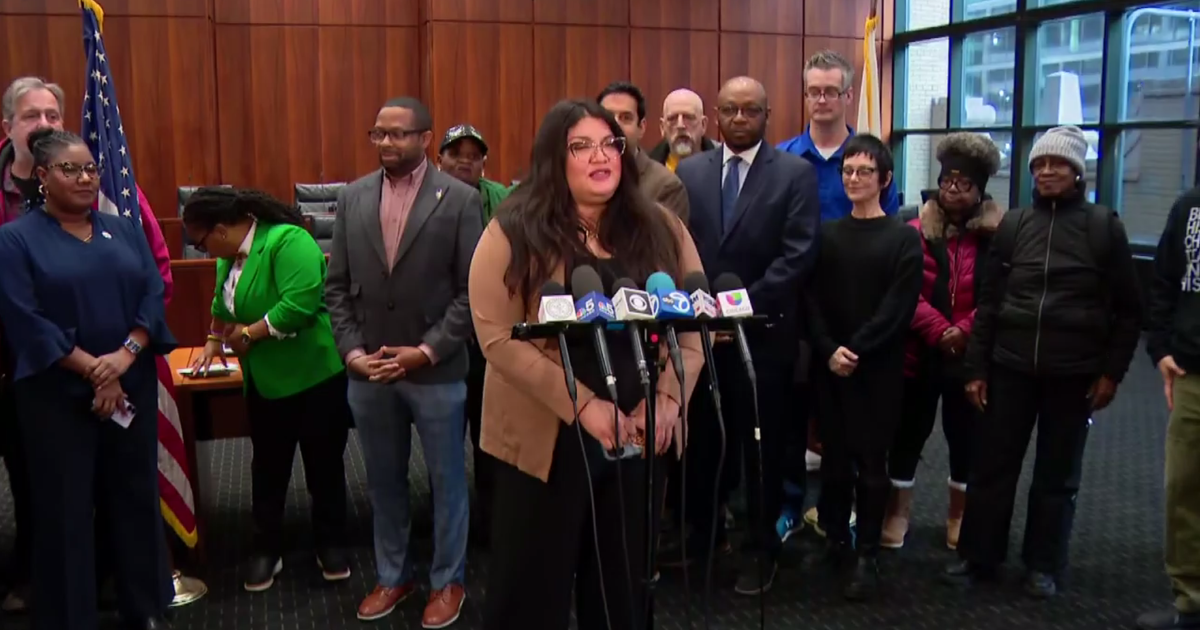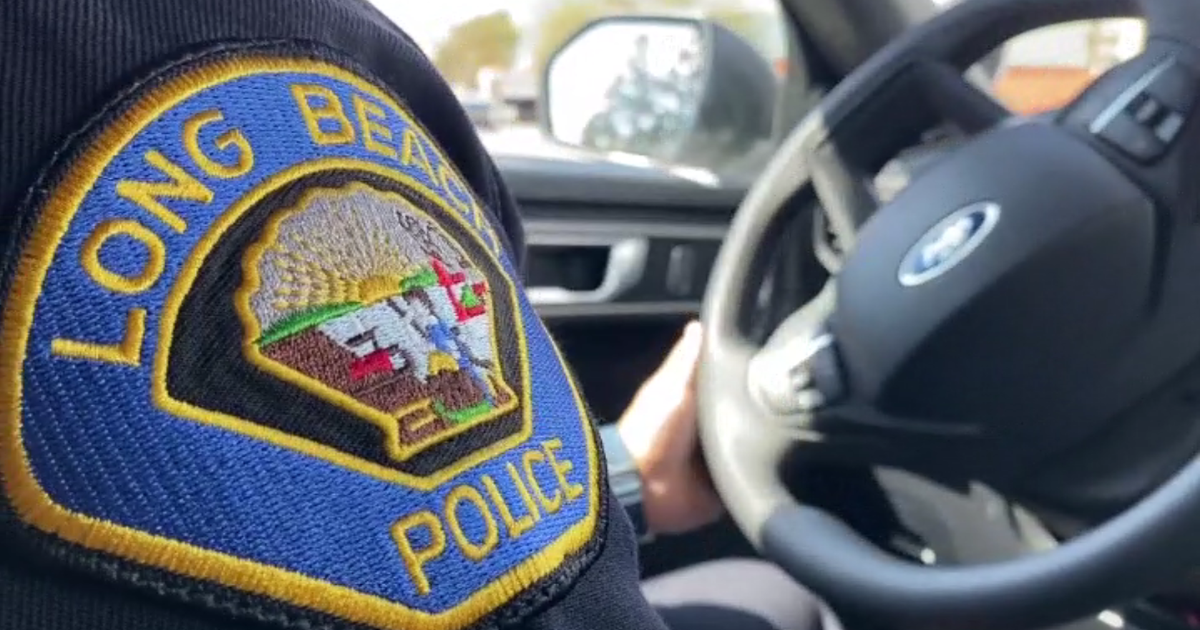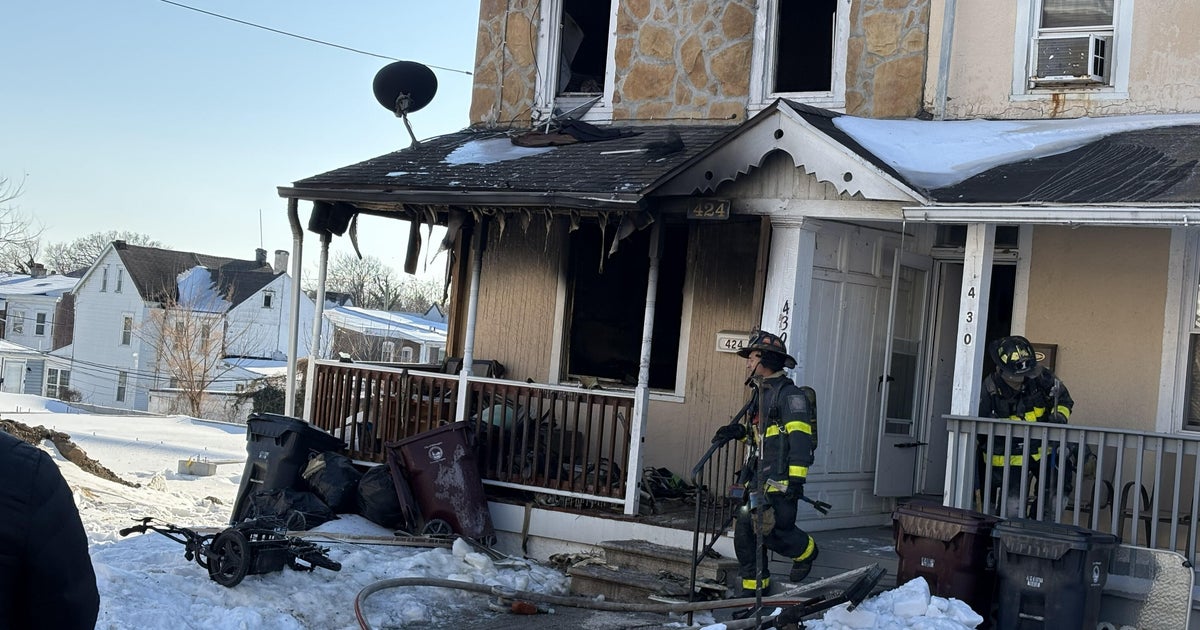Bill Would Require DNA From All Misdemeanor Convicts In Colorado
DENVER (AP/CBS4) - Nearly all people going through Colorado's criminal court system would have to submit DNA samples under a bill introduced Tuesday at the state House.
The measure would require those convicted of misdemeanors - from shoplifting to assault - to submit DNA samples. Those samples would be entered into a database where it would be compared with DNA found at scenes of unsolved crimes.
If approved, Colorado would become only the second state in the nation to have such a law, according to Rich Williams, a criminal justice policy specialist with the National Conference of State Legislatures.
"I believe so much in this test that I'm willing to have my sample taken right now," said Rep. Dan Pabon, D-Denver, the bill's sponsor at a news conference.
Pabon then proceeded to have his DNA sample taken at the new conference.
"It really is 21st century fingerprint, and we know that we can be more accurate, more effective, better at solving crimes when we're using DNA," he said.
In October, New York began collecting DNA from those convicted of misdemeanors, with an exception for those with no previous criminal records who are convicted of marijuana offenses.
"Criminals do not follow a neat pattern of only committing one type of offense," Denver Chief Deputy District Attorney Dawn Weber said.
DNA would be collected through a cheek swab, then sent to the Colorado Bureau of Investigation for testing and to a state database.
More than half the states, including Colorado, collect DNA from those accused of felonies under a law known as "Katie's Law," named after 22-year-old Katie Sepich, who was raped and murdered in New Mexico in 2003. The man who pleaded guilty to her slaying had been arrested on a felony just months before her death.
Previously, only DNA of those convicted of felonies went into state databases. The United States Supreme Court last week heard arguments in a case out of Maryland that considers whether such laws violate the rights of those who should be presumed innocent and whether DNA should be considered the "fingerprints of the 21st century."
Courts have previously upheld the constitutionality of collecting DNA from those convicted of felonies.
Prosecutors credit "Katie's Law" with solving cold cases and stopping repeat offenders. Denver District Attorney Mitch Morrissey, a supporter of the new measure and longtime advocate for expanding DNA testing, noted the successes following New York's implementation of collecting DNA from those convicted of misdemeanors.
In one instance, a man convicted of a misdemeanor for jumping a subway turnstile was later linked by DNA to multiple unsolved rapes, Morrissey said.
"What that shows is how critical it is to get this DNA into a database," Morrissey said. "People who commit misdemeanors also commit these violent crimes that go unsolved."
Colorado ACLU policy director Denise Maes said the proposal raises privacy concerns because of genetic information in DNA that will remain in a database for an indeterminate amount of time, along with an expansion of DNA collection that first began with tracking violent offenders after their release from prison.
"I'm really not sure where this mission ends," Maes said. "Might as well just put a little chip in us, don't you think, when we're born? It's not seeming so outrageous when you have bill like this."
Nearly 43,000 people were convicted of misdemeanors from DUIs to shoplifting last year. Pabon says offenders, not the state, would pay for the tests.
All of Colorado's 22 elected district attorneys support the measure. The bill will be considered to the House Judiciary Committee.
- By P. Solomon Banda, AP Writer
CBS4 Staff contributed to this report.
(TM and © Copyright 2013 CBS Radio Inc. and its relevant subsidiaries. CBS RADIO and EYE Logo TM and Copyright 2012 CBS Broadcasting Inc. Used under license. All Rights Reserved. This material may not be published, broadcast, rewritten, or redistributed. The Associated Press contributed to this report.)
